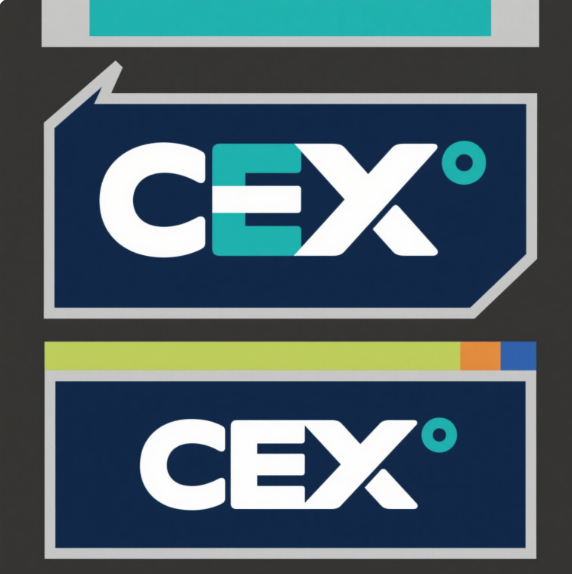In the wave of the digital age, the debate between centralization and decentralization behaves like two intertwining rivers, altering our understanding of finance. Especially in the world of cryptocurrency, the concept of decentralization is not merely a technical innovation but a challenge to the traditional financial system. When we talk about Bitcoin, Ethereum, and other cryptocurrencies, the concept of decentralization is always pivotal. So, what exactly is decentralization? How does it differ from centralization? Let’s dive into this crucial topic that holds significant importance for investors and crypto enthusiasts alike.
What is Decentralization?
Decentralization, as the term suggests, disperses power and control among multiple participants in a network instead of concentrating it in a single entity or institution. Take Bitcoin for example; users can conduct transactions directly through the blockchain network without relying on banks or financial institutions for verification. This method not only enhances transaction transparency and security but also reduces the interference of intermediaries, thus lowering transaction costs.

At the core of decentralization lies blockchain technology. A blockchain is a distributed ledger, where each participant possesses a complete copy of the chain, ensuring the security and immutability of data. This means that even if one node (i.e., a computer in the network) fails, the entire system can continue to operate normally. This design endows decentralized networks with a higher resilience to risks.
What is Centralization?
In contrast to decentralization, centralization refers to the concentration of power and control in one or a few centralized entities. In traditional financial systems, banks and financial institutions play a central role, responsible for processing transactions, verifying identities, and managing user funds. While this model is effective in certain areas, it also brings about a host of problems.

For instance, if a bank experiences a system failure or is hacked, users’ funds may be at risk. Moreover, centralized institutions often charge high fees and may affect the liquidity of users’ assets due to changes in regulatory policies. The centralized management model also stifles innovation, as all decisions are made by a few individuals, limiting open and transparent participation.
Differences Between Decentralization and Centralization
Understanding the key distinctions between decentralization and centralization can help us better appreciate the value of cryptocurrency and its implications. Here are several critical points:
Distribution of Control and Power:
Decentralization: Power and control are dispersed among all participants, allowing everyone to engage in network management and decision-making. This model enhances transaction transparency and fairness.
Centralization: Control is concentrated in a centralized entity or organization, with users typically regarded as passive recipients.
Security and Risk:
Decentralization: There is no single point of control, making the network more resilient to risks. Even if parts of the system are attacked or fail, the overall system can still operate.
Centralization: If a central entity is attacked or collapses, users involved may face substantial financial losses.
Transaction Costs:
Decentralization: Transaction costs are usually lower since there are no intermediaries, allowing users to transact directly.
Centralization: Due to reliance on intermediary institutions, transaction costs are often higher and may include various fees.
Transparency and Trust:
Decentralization: All transaction records are publicly transparent; anyone can view and verify them. This transparency fosters trust among participants.
Centralization: Since transaction records are typically managed by centralized institutions, users must trust these entities’ transparency and integrity, leading to potential abuses.

Advantages of Decentralization
Greater Freedom: Users have the liberty to control their assets without interference from centralized entities.
Enhanced Privacy: Decentralized networks often allow users to transact anonymously, increasing privacy protection.
Incentive Mechanisms: Decentralized networks frequently establish incentive mechanisms to attract user participation and promote network growth and prosperity.
Conclusion
The concept of decentralization is transforming our understanding of the financial world. It is not only the foundation of cryptocurrency technology but also a potential direction for the future of the financial system. While the decentralization model is still evolving and faces numerous technical and regulatory challenges, its potential benefits are undoubtedly significant. For every investor, understanding the differences between decentralization and centralization will not only assist in making wiser investment choices but also help find a better foothold in this emerging field.
















No comments yet